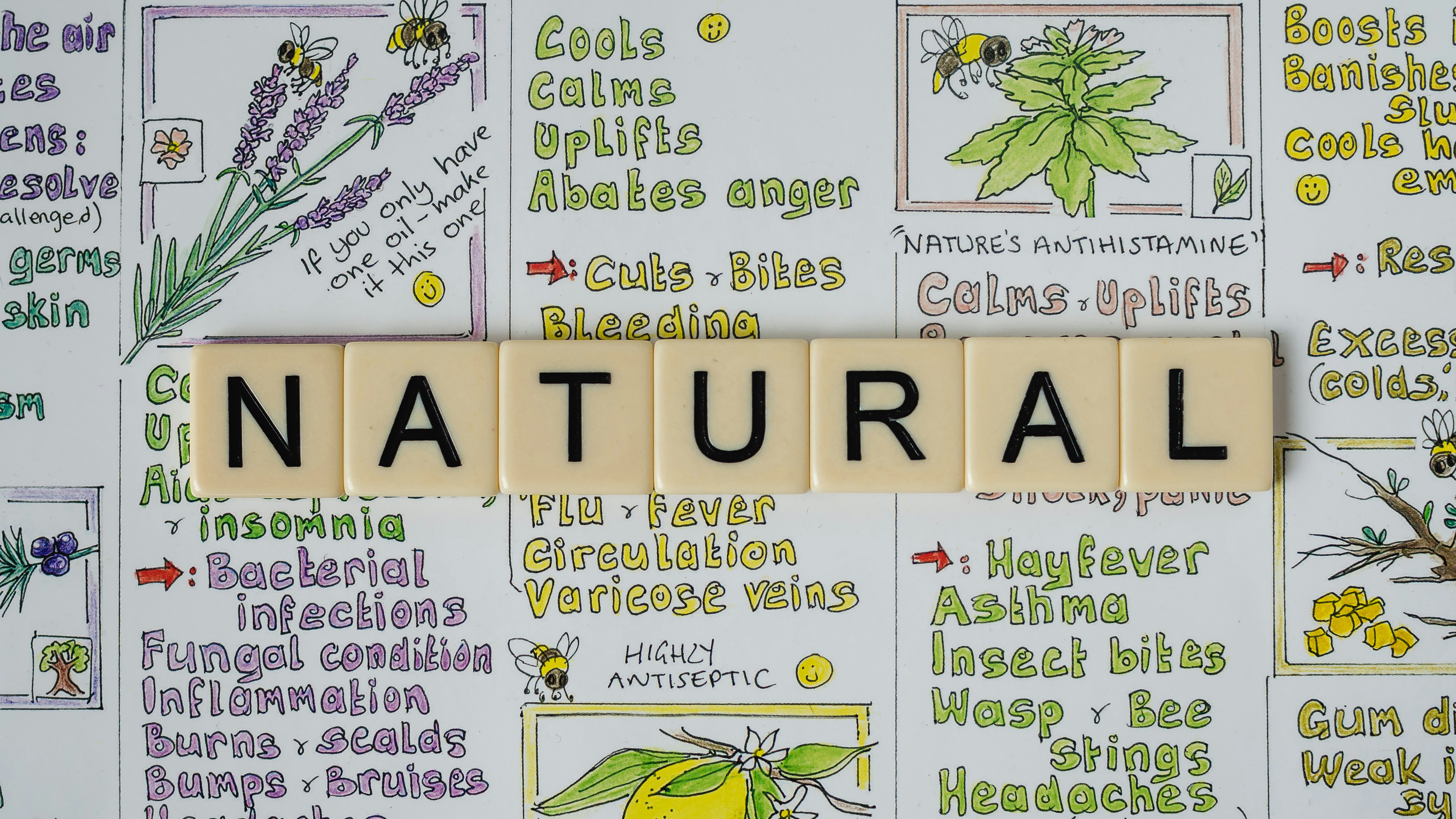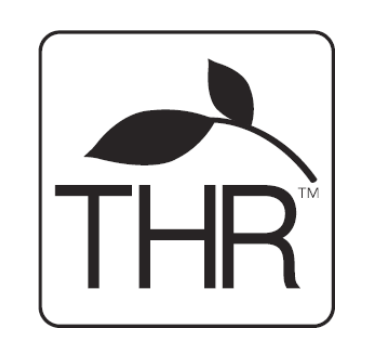Medicines of Nature: Our Original Healthcare

Understanding Natural Medicine
Natural medicine also known as Medicines of Nature or traditional or complementary medicine, encompasses a range of therapeutic practices, prioritising the use of naturally derived substances and holistic approaches to promote health and well-being.
The historical significance of natural medicine can be traced back millennia. Ancient cultures, such as the Egyptians, Chinese, and Indigenous peoples, relied on plants and natural resources to treat ailments and maintain health.
These earliest systems of medicine were built upon a profound understanding of the interconnectivity between the body, mind, and spirit, fostering a balanced state of being.

Treating Holistically
To Treat Holistically, means in a way that treats the whole person, taking into account mental and social factors, rather than just the symptoms of a disease.
The foundational principles of natural healthcare emphasise the importance of treating the whole person rather than merely alleviating symptoms.
This perspective acknowledges that emotional and spiritual well-being significantly contributes to physical health.
Consequently, practitioners of natural medicine often incorporate modalities that encourage harmony among these dimensions. This holistic approach reaches beyond the confines of conventional medicine, appealing to those seeking alternative or complementary solutions for health-related issues.
Different forms of natural medicines include herbal remedies, which utilise plant-based substances for therapeutic purposes, Plant Medicine, which employs highly diluted substances to stimulate the body’s self-healing mechanisms, and various traditional healing practices, such as Ayurveda and Traditional Chinese Medicine. Each of these modalities offers distinct methods and philosophies while sharing a common goal: to restore balance and promote health. In many societies, these approaches have coexisted alongside modern medicine, as people recognise the value that natural therapies can add to health management.
Understanding natural medicine requires an appreciation of these diverse practices and their historical context, providing insight into their relevance within contemporary healthcare practices. By embracing natural healthcare, individuals may unlock pathways to wellness that honour both traditional wisdom and modern scientific developments.
The Benefits of medicines of Nature
Nature-based health solutions, often referred to as natural medicines, have gained significant attention in recent years as viable alternatives to conventional treatments. One of the primary benefits of these natural remedies lies in their holistic approach to health. Unlike traditional medicine, which often targets specific symptoms or conditions, nature-based therapies consider the interconnectedness of body, mind, and spirit. This approach aims to promote overall well-being rather than merely alleviating symptoms, which can be particularly beneficial for chronic health issues.
Another notable advantage is the lower incidence of side effects associated with natural medicines. Many conventional treatments come with a laundry list of potential adverse effects that can lead patients to discontinue usage. In contrast, natural remedies, derived from plants and other organic sources, often exhibit a gentler profile. For instance, herbal supplements such as ginger or turmeric have been shown to offer anti-inflammatory properties without the harsh side effects commonly found in pharmaceutical anti-inflammatory drugs.
Furthermore, the sustainability of nature-based health solutions should not be overlooked. Many natural therapies are derived from renewable resources, allowing for sustainable extraction methods that minimise environmental impact. For example, the use of locally sourced herbs not only supports local economies but also reduces the carbon footprint associated with transporting synthetic pharmaceuticals.
Scientific studies increasingly support the efficacy of natural medicines for managing various health conditions. Research has shown that natural remedies can effectively treat ailments ranging from mild digestive issues to more complex conditions such as anxiety and depression. Anecdotal evidence from practitioners and patients alike highlights the positive outcomes associated with the integration of natural therapies into treatment plans. As interest in these solutions continues to grow, it is essential to acknowledge the benefits they offer alongside conventional treatments, paving the way for a more integrative approach to healthcare.
Integrating Medicines of Nature into Modern Healthcare
As healthcare continues to evolve, the integration of natural medicine alongside conventional treatment methods is gaining traction among both practitioners and patients. This blending of disciplines allows for a more holistic approach to achieving optimal health, acknowledging the strengths of each system while addressing the weaknesses. Consequently, collaboration between conventional healthcare providers and practitioners of natural medicine is essential to create comprehensive care plans that cater to the individual needs of patients.
One of the significant advantages of integrating natural medicine into modern healthcare is the potential improvement in patient outcomes. Research has suggested that patients who utilise both natural therapies and conventional treatments report enhanced satisfaction and may experience improved management of chronic conditions. However, despite the apparent benefits, biases and misconceptions surrounding natural medicine persist, often leading to skepticism among traditional healthcare practitioners. It is critical to foster open dialogues where practitioners from both fields can share insights, address concerns, and work collaboratively in providing patient-centric care.
To smoothly incorporate natural medicine into a healthcare regimen, patients should take proactive steps when consulting healthcare providers. It is vital for individuals to be transparent about their use of natural therapies, including supplements, herbs, and homeopathic remedies, as these can interact with conventional medications. By openly discussing their entire treatment plan, patients can ensure that their providers consider all aspects of their healthcare journey. Additionally, seeking practitioners with a background in integrative health can provide valuable support and guidance as patients navigate the complexities of combining treatments.
Ultimately, embracing a holistic approach to healthcare that respects both natural and conventional practices enriches the healthcare landscape, empowering patients to take charge of their health journey and find the best possible solutions for their individual needs.
Choosing and Using Natural Remedies Safely
As the interest in natural remedies for health and wellness continues to rise, it is crucial to approach these alternatives with care and informed decision-making. While many natural health products can offer therapeutic benefits, ensuring their safety and efficacy requires a thoughtful strategy. One fundamental step is thorough research on the specific remedy being considered. This includes examining available scientific data to understand its potential benefits and limitations.
Medicines of Nature – Portion and Dosage
Accurate dosage plays a significant role in the safe use of natural health products. Unlike conventional medications, the suitable dosage for herbal or dietary supplements may not always be clearly defined. It is vital to adhere to recommended dosages provided by the manufacturer or other reliable sources. Excessive intake of natural remedies can lead to adverse effects, including heightened risk of toxicity. Therefore, users should approach dosage with caution and start with lower amounts, gradually increasing as necessary while monitoring for any undesirable effects.
Interactions with other medications should also be carefully considered when integrating natural remedies into a health regimen. Many natural products can interact with prescription medications, potentially diminishing their effects or causing harmful side effects. It is advisable to consult with a healthcare professional who is knowledgeable about both conventional and alternative therapies. A qualified professional can provide valuable insight into safe combinations and ensure that the chosen remedies will not interfere with existing treatments.
Sourcing Medicines of Nature
Lastly, sourcing natural health products from reputable suppliers is essential to guarantee quality and safety. Not all natural remedies undergo rigorous testing, and some products may contain contaminants or adulterants that could compromise health.
Look for products that have been independently tested or certified by recognised organisations.

Traditional Herbal Registration (THR):
For products used for minor, non-serious conditions that don’t require medical supervision, like a common cold.
Requires a technical dossier on quality and safety, along with evidence of traditional use.
Products are assessed for quality, safety, and patient information, but not proven efficacy for the indicated conditions.
Packaging will display a “THR number” and the Traditional Herbal Registration Certification Mark.
By taking these precautions, individuals can embrace the potential benefits of natural remedies while minimising risks, thereby enhancing their journey toward holistic health.

